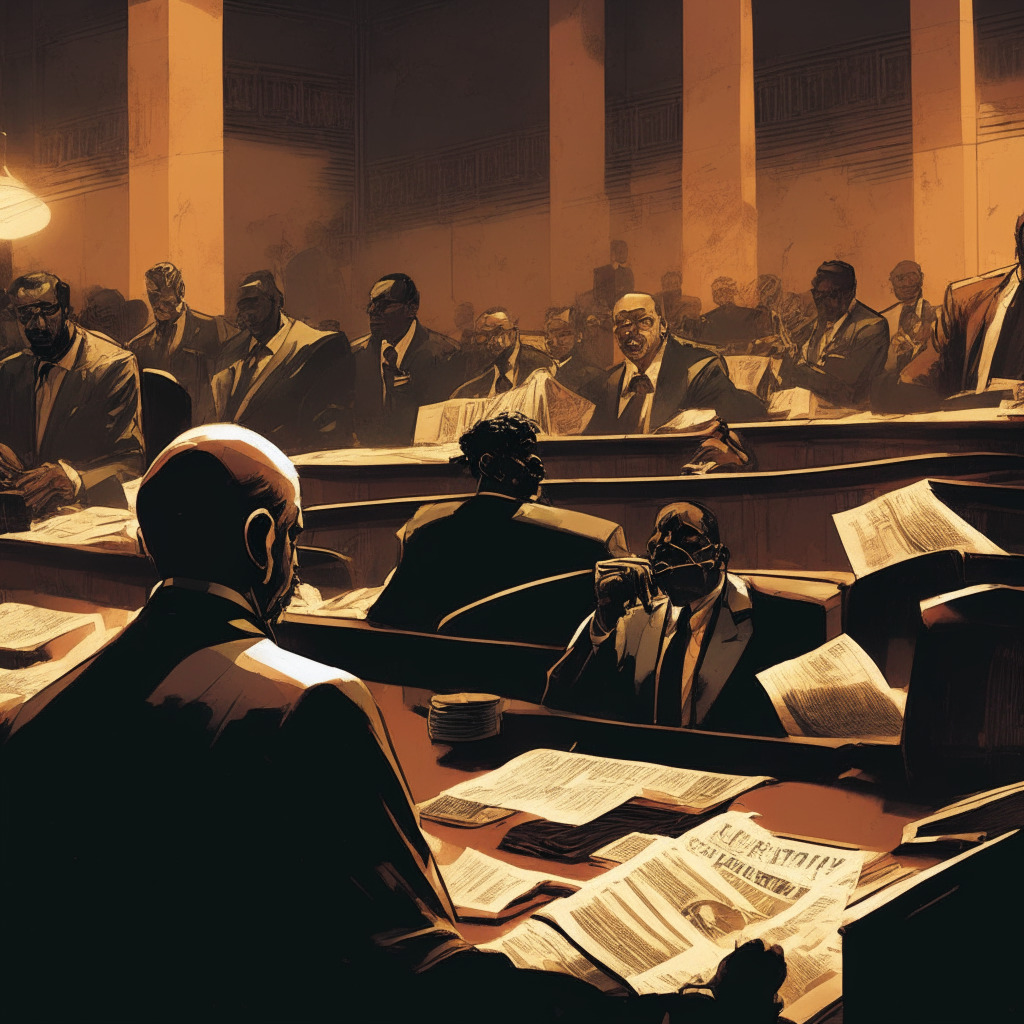Tech supergiant Google has recently found itself at the heart of a lawsuit, hot on the heels of its privacy policy update. Accused of misusing vast masses of data, including copyrighted items for artificial intelligence (AI) training, the lawsuit has been filed by a group of eight who claim millions of concerned internet users and copyright holders stand with them.
It has been alleged that Google has been harvesting data confidentially to cultivate its AI offerings, without the necessary consent. What we are witnessing here is an argument of internet ownership. The presenting legal team for the eight plaintiffs have argued that Google does not own our creative works, our personal expressions, or anything else, simply due to the fact we choose to share these items online.
Indeed, it is noteworthy to mention that the term “publicly available” does not mean it is “free to use for any purpose.” Google‘s revolutionary privacy policy now opens the door for publicly available data to be used for AI training.
Considering the implications of this scenario, it not only opposes rights, but arguably gives Google an unwelcome upper hand in comparison to its competitors, who legally acquire or buy data for their AI training purposes. A court demand, if played out, could potentially demand up to $5 billion in damages from the tech titan.
More pressingly, the court could order Google to obtain explicit user permission first for its innovative data collection. This instruction could include allowing users to have the right to opt out of its data collection, along with the prospect of having the ability to delete any pre-existing data or provide a just payout to owners of the data. However, such significant changes depend on the lawsuit’s finale.
On the flip side, the unfolding lawsuit against Google challenges the traditional rules of data ownership and usage in the age of AI. If a favorable verdict is passed for Google, the tech industry can tap into plentiful publicly available data for AI training, catapulting technology advancements and potentially shaping a new paradigm in AI development.
However, the bitter taste of violation and potential financial loss for the owners underline the high stakes of the lawsuit. Thus, the lawsuit raises fundamental issues over who owns the internet and its wealth of creatively inspired content. Technology advancement and respect for privacy and ownership are the two pendulums swinging in this fascinating face-off. Technology enthusiasts and crypto-enthusiasts alike will be eagerly observing the court’s final adjudication.
Source: Cointelegraph




